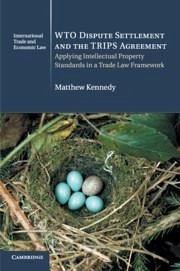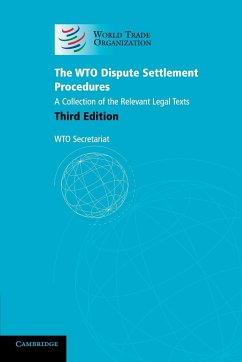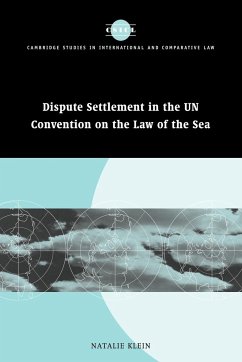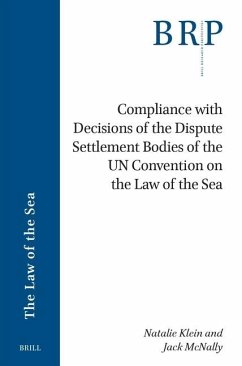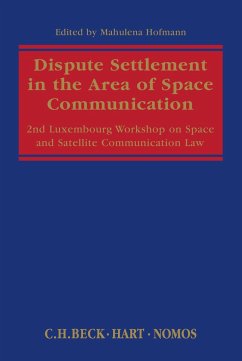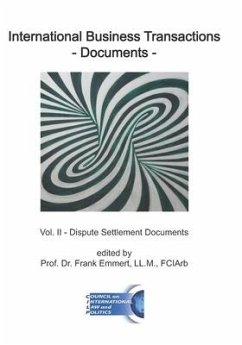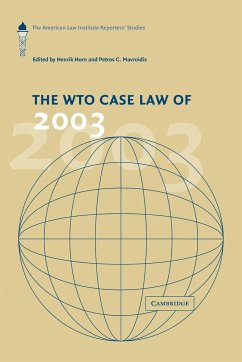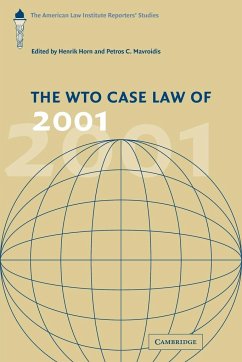
The Law, Economics and Politics of Retaliation in Wto Dispute Settlement
Versandkostenfrei!
Versandfertig in 1-2 Wochen
63,99 €
inkl. MwSt.

PAYBACK Punkte
32 °P sammeln!
The WTO allows its members to retaliate in the face of continued non-compliance. After more than ten years' operation and ten arbitration disputes, this volume assesses the law, economics and politics of trade sanctions in WTO dispute settlement. Including more than thirty contributions from leading academics, trade diplomats and practitioners, it offers a thorough analysis of the legal rules on permissible WTO retaliation as well as an assessment of the economic rationale and calculations behind the mechanism. In addition, it provides first hand experiences of those countries that have obtain...
The WTO allows its members to retaliate in the face of continued non-compliance. After more than ten years' operation and ten arbitration disputes, this volume assesses the law, economics and politics of trade sanctions in WTO dispute settlement. Including more than thirty contributions from leading academics, trade diplomats and practitioners, it offers a thorough analysis of the legal rules on permissible WTO retaliation as well as an assessment of the economic rationale and calculations behind the mechanism. In addition, it provides first hand experiences of those countries that have obtained WTO authorisation to retaliate, ranging from the United States and the EC to Mexico and Antigua. In this assessment, the question of how to make the system work also for small countries is paramount. Finally, the volume spells out lessons that could be learned from related fields such as remedies for non-compliance in investment arbitration and competition or anti-trust regimes.





